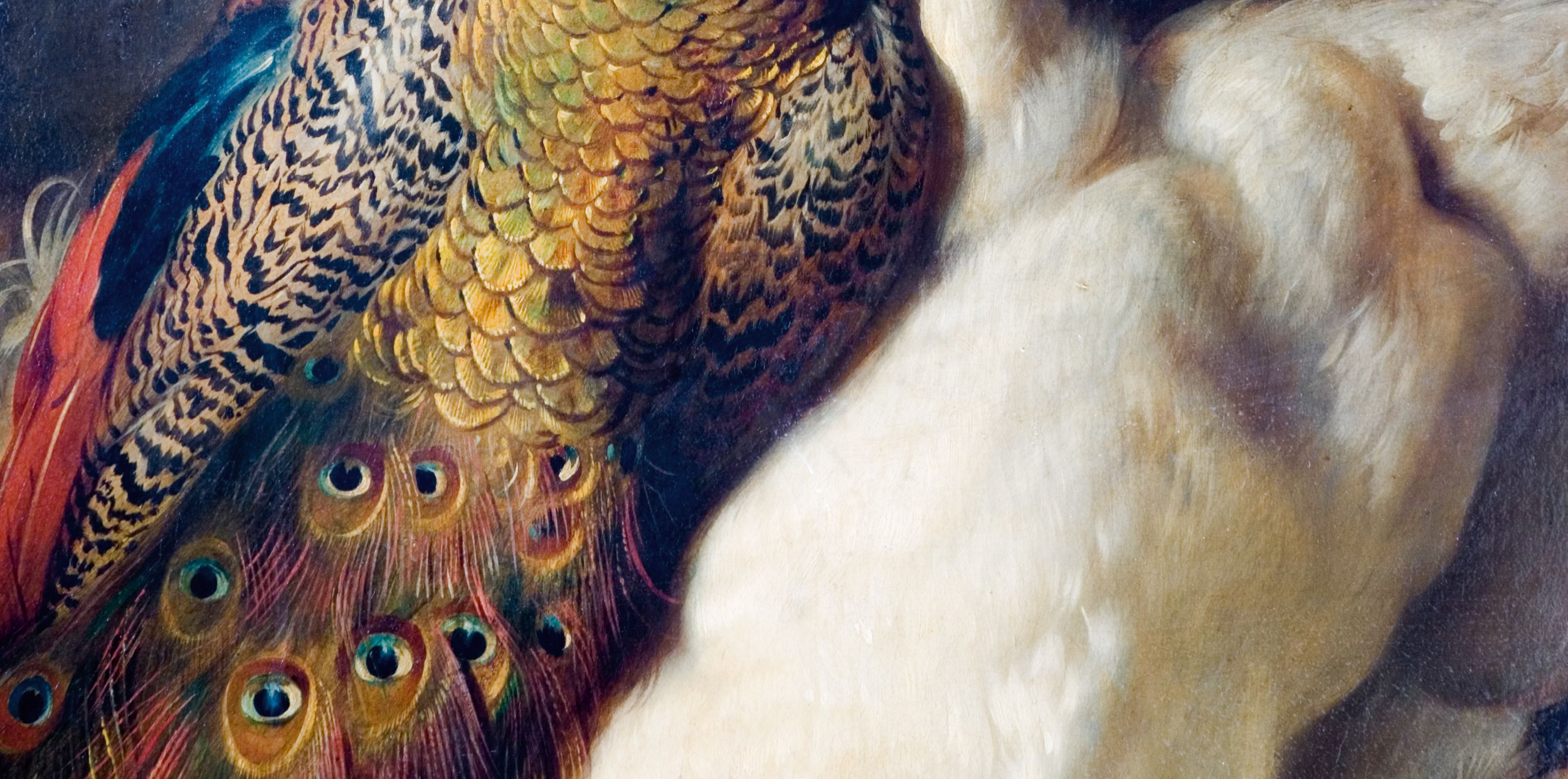
I S S U E 3
EDITORIAL
Suna Afshan
The Pursuit of the Real
I drink one ristretto at the counter, and I take another to the table to savour. It’s a Wednesday, so I edit. A man approaches—white, elderly, innocuous—he takes the seat beside me. Two minutes pass and I’m certain he’s scalded his tongue on his tea, given how quickly he sets the mug down, how during the conversation which unfolds, he scrapes his frilly tongue against his teeth, winces. His children—three, middle-aged—live in the Wirral, his wife is dead. He worked as a ticket-collector on Manchester buses, and later on the trains. I tell him about this job.
‘I’m sorry,’ he says, ‘you’ll have to explain. What does a poetry editor do?’
•
. . . every day one can see signs indicating that now, at the present moment, something new, and on a scale never witnessed before, is being born: humanity as an elemental force conscious of transcending Nature, for it lives by memory of itself, that is, in History.
In 1982, under Harvard’s Charles Eliot Norton Professorship of Poetry, Czeslaw Milosz concluded a lecture entitled ‘On Hope’ with the above words. The lecture now serves many darkly ironic moments, so much so that my copy of The Witness of Poetry—the book of all his published lectures as professor—is littered with exclamation marks in the margins, an occasional ‘lol’. ‘A decline of civic virtues is occurring in the West,’ he says, and later, ‘as the century draws to its close, there is no doubt left as to the parasitic character of any state based upon a monopoly of ownership and power’. Indeed, and the parasite has undeniably latched itself to the host, taken over. But the lecture itself, I find, is riddled with a parasite more cunning and more sly than the State: hope. ‘Humanity will increasingly be turning back to itself,’ says Milosz, ‘increasingly contemplating its entire past, searching for a key to its own enigma, and penetrating, through empathy, the soul of bygone generations and of whole civilisations’. And I see that in the poems in this issue of Poetry Birmingham—the interrogation of lost voices, of time, of that ether in which the marble floats ‘throttled, violated’—but beyond poetry? Beyond art itself ? Is humanity needling with empathy through the past, or mining it for its most repugnant ideas?
This century is one of truth debased: we are in Nero’s Rome, the mint has taken a potato peeler to the silver coinage. Blinkered philosophies are the pith of current political discourse, the language of which is ‘shallow and threadbare’, says Armitage, not ‘feeling like it has any truthfulness at all’; and if in 1982 Milosz said, ‘the media are for the mind what too-small slippers were for women’s feet in old China’, I imagine it would be rather close to scaphism now . . . ‘There was a moral.’ Nevertheless, for those factions of society, which believe ‘what we never knew and what we didn’t see / didn’t happen’, history is not something that must be interrogated for bias or illusions, debated, penetrated with empathy, for it is a mere fiction. Fact, too, is a debased currency. I had an unfortunate stint as a soft-solipsist when I was seventeen, after taking a single philosophy module at college: the felled trees were soundless, ‘no relentless onomatopoeia / of footfall and a shush / hissed across buildings’, no need for those chatrooms ‘for the Amish and the Hutterites’. How does one reconcile this insular right-wing populism with all of its ironies?
Heaney wrote in The Door Stands Open that Milosz called upon poetry to ‘combat death and nothingness’. True poetry was, to Milosz, ‘the passionate pursuit of the Real’. Poets in the throes of this pursuit, commit decades of their life to the keeping of morning papers—that ablution of the mind—, shun their loved ones and retire to PVC conservatories, spend hours watching the magpie couple pick at the fluorescent moss in the gutter, and perhaps come to the conclusion that these words they’ve jotted down are as close to anything real they’ve experienced. Though, it must be stated, ‘real’ and ‘truth’ are not interchangeable in the poem’s domain. A poem is a papier-mâchéd urn of truths, held together by the tricks of lyric and form; if left to stand under its own weight, the poem shall only just be porcelain-strong, but it will be real, nonetheless. In those experiences of exorcizing the poem, where it seems to warrant something more, and ‘nothing less than the unification of [psychological] personality’, as put by Breton, will suffice, poetry’s relationship with truth becomes one of coaxing, cooing, and the creature which emerges from all the usual hiding places, a changeling: ‘a soggy paper fairy child’, fearing ‘the cut of iron scissors // And judicious editors’.
Before founding this journal, the great poet-editor relationships, for me, occupied the same space as parable: Wordsworth and Coleridge; Tennyson and Hallam; Eliot and Pound. If true poetry sincerely is ‘the passionate pursuit of the real’, I wonder how much the western ‘canon’ owes to its poetry editors for their work in reifying the real. Because the editorial act requires nothing less than the metamorphosis of the Self; it is not a disengaged and disembodied perusal of the poem: no, we, for a time, rent a room in the poet’s home, map its dimensions, we check the relative tidiness of cutlery drawers, and figure out the way the shower operates. And only equipped with this familiarity, may we venture out, perhaps ‘dig over the roses’ with ‘some bright idea / of what a garden should look like’, foist cold spectres of ideas ‘out of the upset under-places’. These conversations between the poet and the editor form an intellectual and spiritual exchange, that as a poet I’ve found indispensable, and as an editor, sacrosanct. Line-editing, specifically, deserves recognition as the essential part of the editor-poet relationship, and therefore must be preserved practice in the publication cycle of literary periodicals. However, in the discussions which have taken place with poets this past year, and particularly in this issue of Poetry Birmingham, it has become apparent that a dwindling of editorial responsibility—nothing less than a debasement—is occurring.
This is a literary culture too contingent on nebulous avowals of acclaim or censure, so I believe there’s a renewed need for editorial attention based on the specifics of poems. Yes, this is a century not only of debased truth, but it is also defined on its willingness to procrastinate over course-correction: we see that clearly in political doublespeak—‘a language under the language’—and in the continued decimation of the natural climate. Milosz’s brand of hope entered the rubric of reality because he foresaw humanity with its jaws forever locked around the tail of entropy. In the face of this, it seems that I too, like Milosz, am host to that parasite, resolved to hope. Because ‘when the floods clear what will be left, washed up / at our gate or lodged between the polite // paving stones along our tree-lines road?’; what will be left of poetry?
